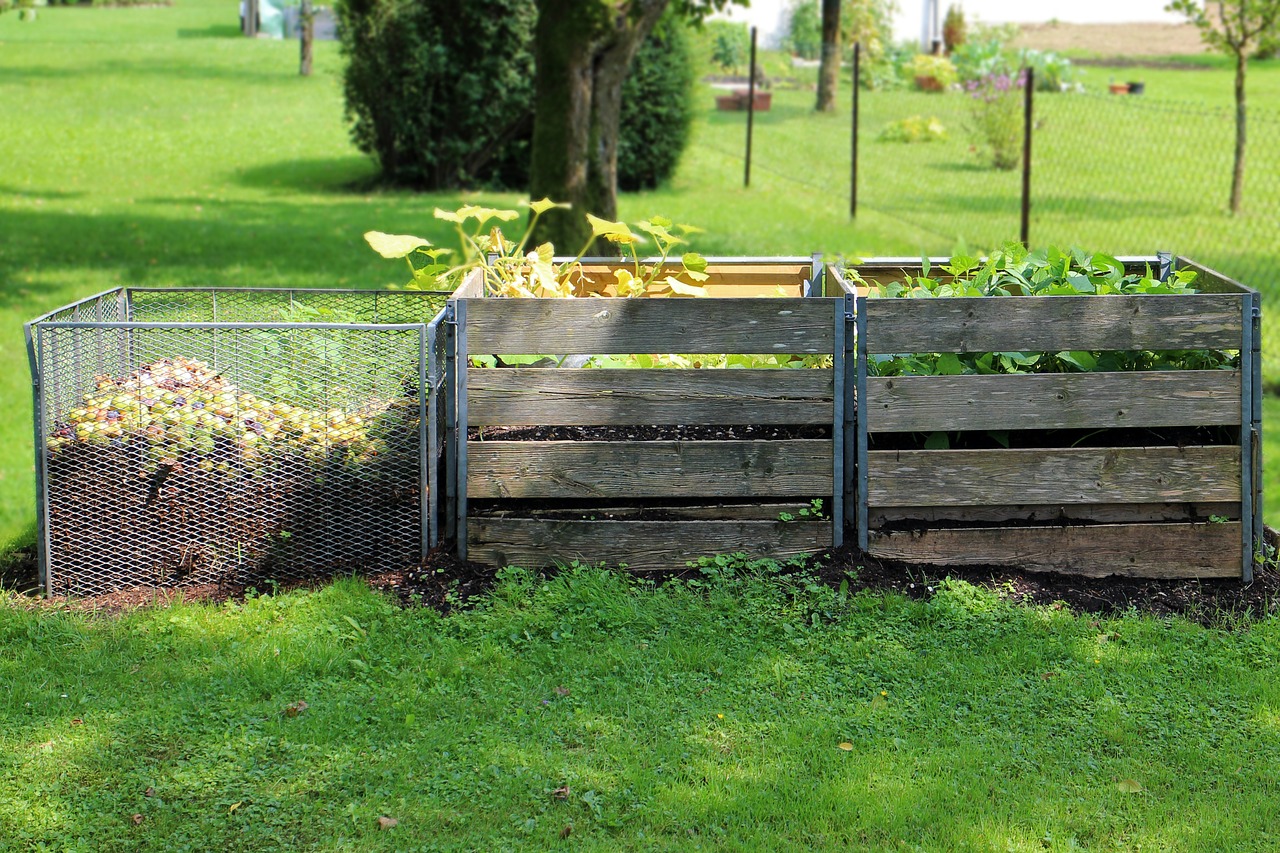Whether you have a garden with ornamental plants and flowers, or a vegetable patch where you grow different varieties of vegetables, you will surely want to consider making your own compost. For gardeners and farmers, there are many benefits of making their own compost, for example:
Waste management: You can easily manage your decaying vegetation from your garden and organic waste from your kitchen
Organic fertilizer for your garden: You can easily grow organic produce by making your own compost
Save money: You can save money on fertilizer for your garden.
Well, making your own compost is very useful and it is not very difficult to make your own compost. All you have to do is dig a trench and toss organic waste inside, or store organic waste in a compost bin. However, when you are making your own compost, you have to remember a couple of things, first and foremost thing is what you should use for your compost and what you shouldn’t. Compost is organic waste, however, not all organic waste can be used while making compost.
Things You Shouldn’t Use in Your Compost
Here are some of the things that you shouldn’t add to your compost.
Seeds
You should never add seeds of any kinds in your compost. If the seeds are from mature fruit, they will easily grow in your compost and affect the quality of your compost. For example, you should avoid tomatoes with seeds or seeds from ripen pepper in your compost. Make sure your compost is devoid of seeds from fruits and vegetables. You can toss lime skin in your compost bin, however, make sure you have taken out the seeds.
Weeds with roots
You can add weeds in your compost, however, when you are adding weeds, make sure there are no roots left in the weeds. When you add weeds with roots in you compost, they easily propagate in your compost. Also avoid weeds with seeds in your compost.
Inorganic waste
Compost is a recycled form of organic matter that is used as fertilizer. You can use organic waste in your compost, however, you should never use inorganic waste, or non-biodegradable waste, such as metal cans, aluminium foils, plastics, laminated papers, nylon threads etc. Wood is organic waste, however, you should avoid using painted wood because it treated with chemicals. Even though papers are organic waste, avoid using glossy printed papers.
Infected plants
When composting, always avoid using plants infected with disease and pests. During the anaerobic degradation process, harmful microbes present in the infected plants easily spread. However, if your compost pit or compost bin is in sunny area and gets at last 140 degrees Fahrenheit harmful microbes can be killed.
Organic waste with chemicals like insecticides and pesticides
The main idea of making compost is to feed our plants with organic fertilizer, however, when you add plants, fruits and vegetables treated with insecticides and pesticides, our compost no longer remains organic. Avoid adding things like soaps, shampoo etc in your compost because these products contain chemicals. Also avoid sanitary napkins, sanitary towels etc. as they contain chemicals and non-biodegradable materials.
Dairy and bakery products
Dairy and bakery products contain sugar, which attracts pests, insects and rodents. If you are adding bakery and dairy products, make sure you keep these items on the bottom of your compost pit/bin.
Meat products
Meat products take time to decompose, furthermore, they also leave odour and attract rodents and stray animals. Therefore, it is not a good idea of add meat products in your compost.
Things you should use in your compost
You can add all kinds of organic waste or materials that are biodegradable. However, make sure these materials are not chemical treated, does not contain seeds, roots, harmful microbes or pests. Also make sure you are not using materials that take a lot of time to decompose, for instance, meat bones, meat, wood, etc.

I keep a garden with a balcony at my house. An excellent way to use decomposing waste to grow plants. There is nothing lost in our kitchen. Every ingredient used is an excellent fertilizer for plants. Thank you for this beautiful article
i am maintaining terrace garden in my home.. excellent way to use decompost wastes for the growth of plants..there is nothing waste in our kitchen..each and every used ingredients is an excellent compost for plants.. Thanks for this beautiful article..
I do have an indoor garden. I have also noticed that different plants have different amount of sunlight requirement. Compost is very helpful for plants growth.
Useful article for preparing compost for gardening. I learnt the process to prepare compost.
Thanks for sharing this article.
I really needed this information. This article was very helpful and very useful. I didn’t know that , we should never use inorganic waste, or non-biodegradable waste, such as metal cans, aluminium foils, plastics, laminated papers and nylon threads. Thanks a lot for sharing such an amazing article.